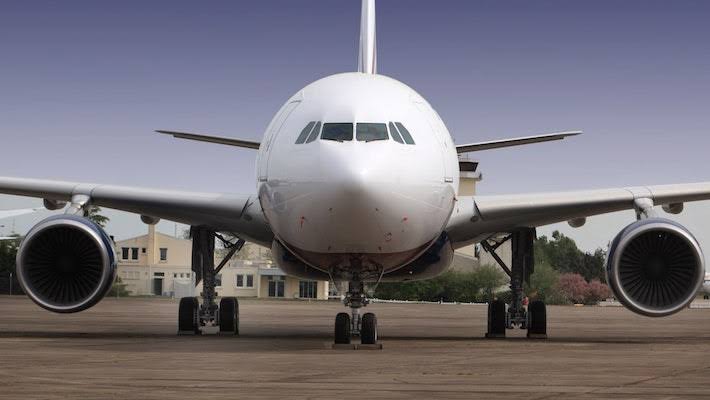CEM REPORT, AVIATION | Nigerian airlines are grappling with the escalating costs of aircraft insurance premiums, prompting calls for a reevaluation of local content regulations in the aviation insurance sector. With premiums projected to soar to $2 billion annually, industry stakeholders are advocating for reforms to address the challenges faced by domestic carriers.
Double Aircraft Insurance Dilemma
A key concern raised by Nigerian airlines is the requirement to undertake double insurance for their aircraft. Osita Okonkwo, Chief Operating Officer of United Nigeria Airlines, highlighted the complexities faced by carriers, stating, “There is no capacity internally to do big aircraft insurance in Nigeria.” He emphasized that the insistence of lessors on overseas insurance coverage is hindering business operations and stifling efforts towards indigenization.
Impact on Airlines
The Managing Director and CEO of Aero Contractors, Captain Ado Sanusi, shed light on the financial burden borne by airlines, explaining that carriers are often compelled to undertake 110% to 140% insurance cover on a single aircraft. Despite regulatory provisions for shared insurance coverage (30% local and 70% international), lessors and aircraft manufacturers frequently demand higher international coverage, exacerbating the financial strain on airlines.
“Local component can be 30 per cent and you insure 70 per cent outside but some aircraft owners don’t agree; so, they insist you insure outside 100 per cent and you will have local content 30 per cent, which is 130 per cent insurance cover; some also agree on 110 per cent and 140 per cent. We should urge the Federal Government to talk to lessors to allow aircraft to be insured locally. We must develop our local insurance market. Insurance companies can even own aircraft and lease them to airlines. Some insurance companies do that overseas,” Sanusi further said.
Support for Local Content
Sanusi emphasized the importance of developing the local insurance market, advocating for greater government intervention to persuade lessors to allow aircraft to be insured locally. He emphasized the viability of the local market, stating, “We at Aero Contractors do local insurance because we know the local market can absorb it.”
“The owner of the aircraft determines where the aircraft is insured. Local market is good. If we do not insure locally how can we advance? We must start from one point. So, I totally support local component,” he added.
NIA Assurance
In response to concerns raised by airlines, Mrs. Yetunde Ilori, Director of the Nigeria Insurance Association (NIA), reaffirmed the capacity of Nigerian insurers to handle aviation insurance up to $2 billion annually. Ilori highlighted the collaborative nature of the insurance industry, emphasizing risk-sharing through consortium arrangements and reinsurance backing.
[READ ALSO] CBN Clears $61.64 million Forex Backlog for Foreign Airlines
“The answer to your question whether Nigerian Insurers can handle up to $2bn aviation insurance is yes because insurance is a pool of risks and no single insurance firm sits on a pool of risk alone. Secondly, the local content law is in place in the country and must be obeyed by everyone including airline operators in the country and because of this local content law and issue of capacity, insurers engage in risk sharing through consortium arrangement. This is a situation where in handling huge business sector like aviation, a lead underwriter spreads the business to other underwriters based on their capacities and their reinsurance backing,” Ilori said.
Despite assurances from the NIA, challenges persist, particularly regarding the decision-making authority of lessors and aircraft manufacturers in determining insurance coverage. Manufacturers often dictate where their aircraft should be insured, complicating the regulatory landscape for domestic carriers.
Moving Forward
As Nigerian airlines navigate the complexities of the aviation insurance market, collaboration between industry stakeholders, regulatory bodies, and government agencies will be crucial in addressing systemic challenges and fostering a conducive environment for sustainable growth. The call for a reevaluation of local content regulations underscores the need for proactive measures to safeguard the interests of domestic carriers while promoting the development of the local insurance sector.












